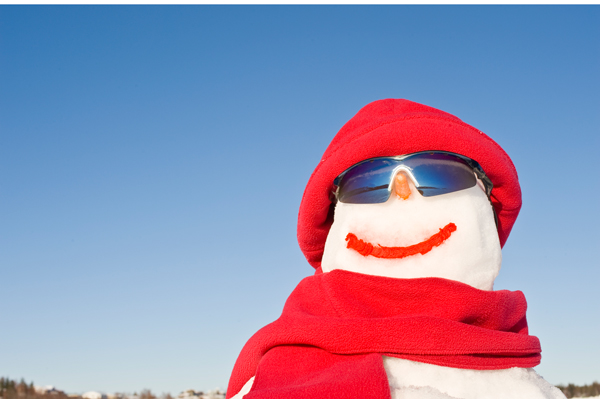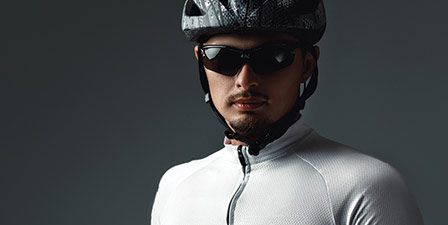 Two pairs of socks, layered sweaters, and two pairs of gloves have been the norm for the past couple weeks in much of the country. But the bitter cold presents risks to eyes as well as fingers and toes, and ECPs can face some unusual patient scenarios.
Two pairs of socks, layered sweaters, and two pairs of gloves have been the norm for the past couple weeks in much of the country. But the bitter cold presents risks to eyes as well as fingers and toes, and ECPs can face some unusual patient scenarios.Cold air holds less humidity than warm air, and that dryness, in addition to the dry heat in many homes and buildings, increases the incidence of dry eye problems, especially for contact lens wearers. (Look for an upcoming article, Dry Eyes and Winter Time, for more information and treatment options.)
Get ready for unusual questions from your contact lens patients. No, contact lenses will not freeze on the eye. Body heat and protection by the eyelids prevent that. And, yes, if contact lenses are shipped and remain in sub-freezing temperatures for a period of time, they can freeze. In most cases, there is no damage to the lenses when the packages are thawed at room temperature, but patients should be advised to examine the lenses before wearing.
All of your patients should know that UV reflected from snow nearly doubles the UV exposure experienced at the beach. “Snow blindness,” or photokeratitis, is a painful corneal burn resulting from UV exposure. Prevention is the best medicine, with good sunglasses that provide a large area of coverage, including the sides. Sunglasses and ski goggles also block wind-driven snow and debris from getting into the eyes. In extreme wind and cold, it is possible for the cornea to freeze, another case for protective eyewear.
Among the more unusual situations was a recent visitor to New Hampshire’s Mount Washington, notorious for wind, cold and snow squalls in summer, whose eyelashes froze together while he walked on the mountain road. Need I mention that he wasn’t wearing eye protection? And there was the Alaska optician I met shortly after a record breaking cold snap there. He told me one of their most common problems was lenses spontaneously popping out of zyl frames. The frigid temperatures caused the zyl to contract faster than the lenses, forcing them out.
As with every season, ECPs need to be ready for anything. Stay warm and check out our CE, Polarized Sunglasses: Everyone's Most Important Piece of Equipment Outdoors, at 2020mag.com/ce for great information on outdoor eye protection!













